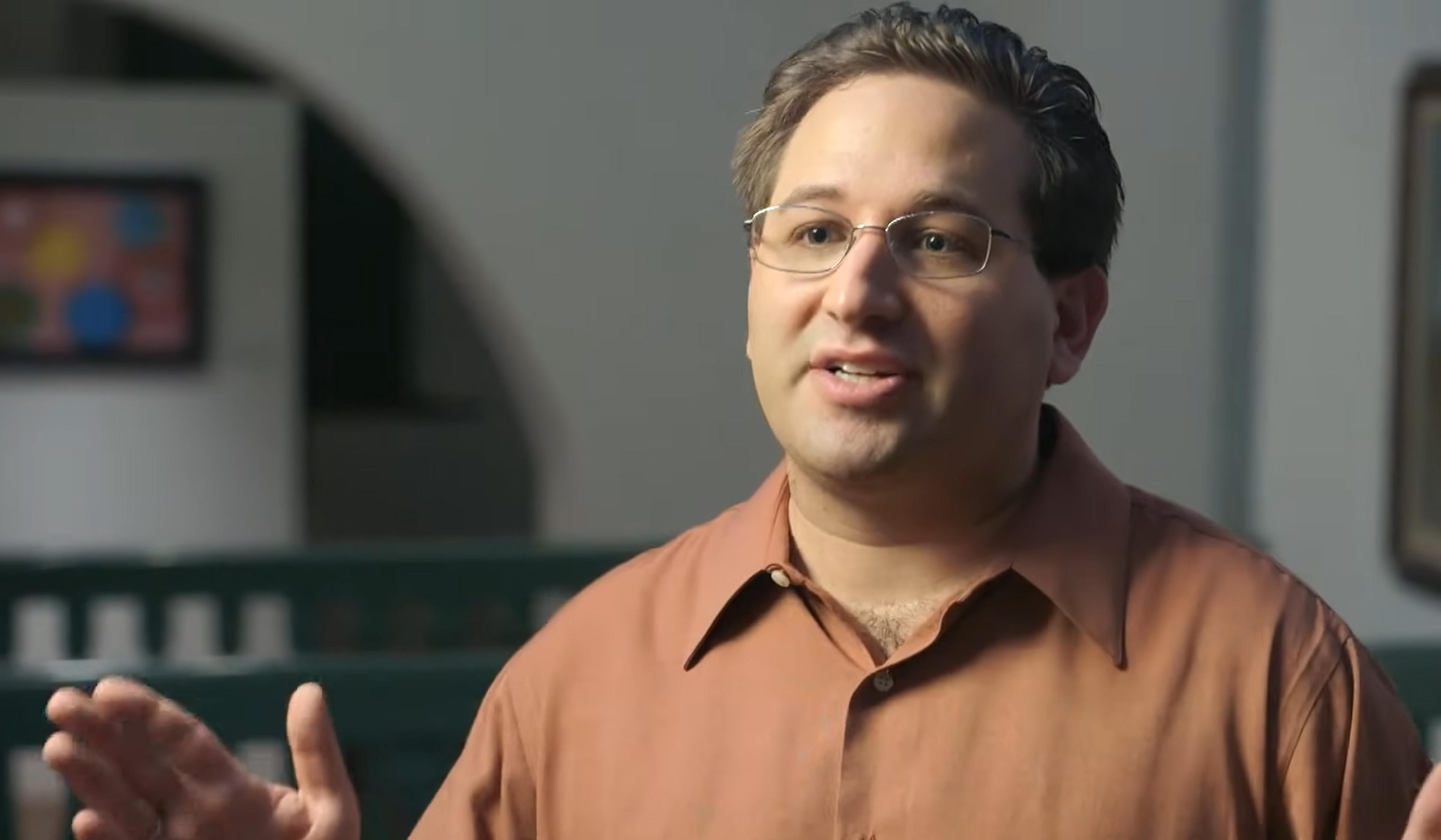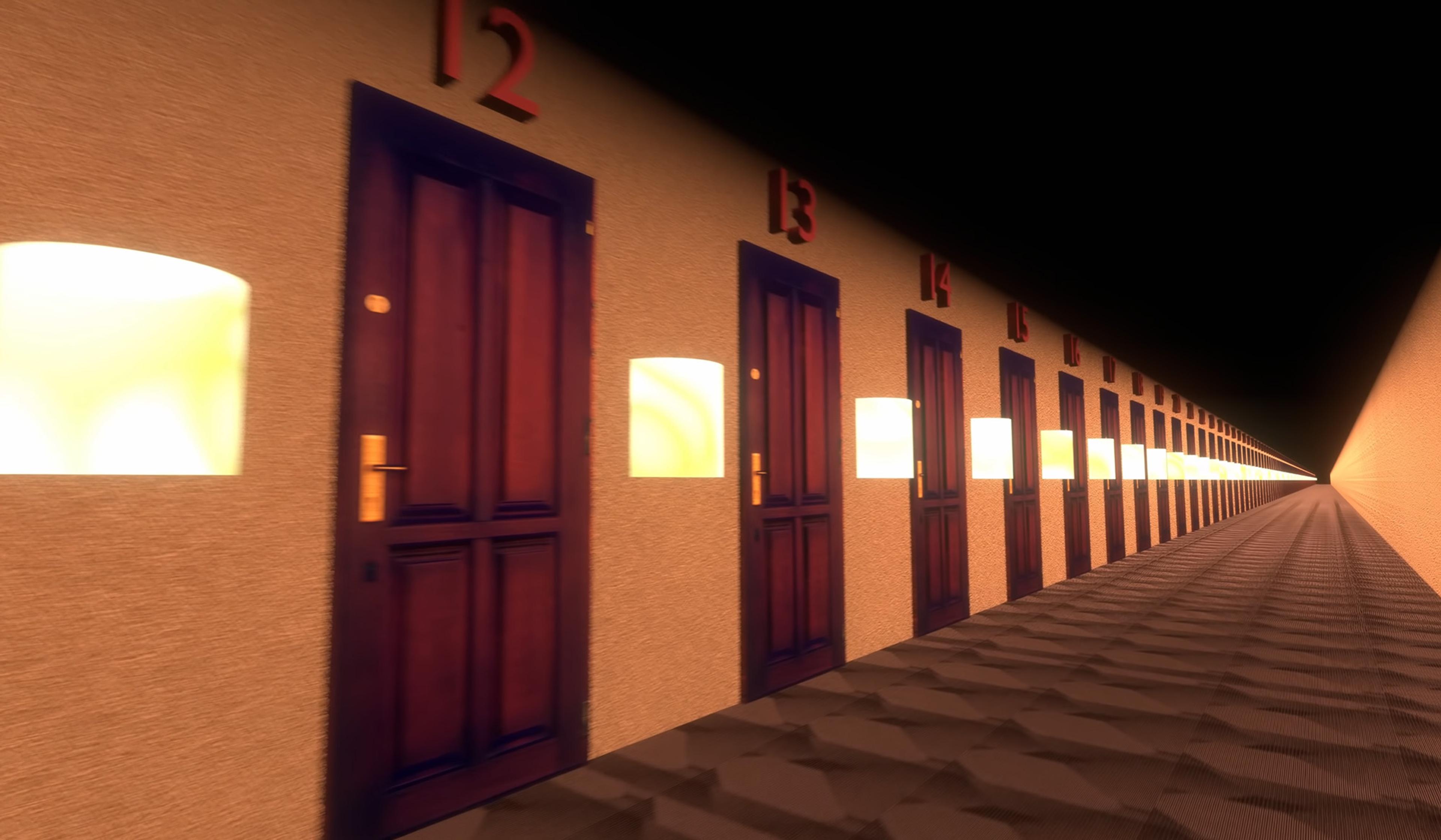Dating back to ancient Greece, the idea that any mathematical statement can ultimately be proven true or false, and any apparent contradiction ultimately erased, was as enticing as it was intuitive for many logicians and mathematicians. However, this long-dominant belief was upended in the early 20th century when the logician Kurt Gödel converted a written paradox – ‘This statement cannot be proved’ – into an equation, shattering the notion that mathematics could be built on structures of total certainty. This animation from TED-Ed traces how Gödel was able to use words to transform mathematics forever, and how his ‘incompleteness theorem’ has led to breakthroughs in both his field and the digital world.

videoLogic and probability
Western logic has held contradictions as false for centuries. Is that wrong?
6 minutes

videoMetaphysics
Why mathematical truths exist with or without minds to consider them
8 minutes

videoHistory of ideas
Splitting the truth: the philosopher that physics forgot
4 minutes

videoMathematics
A history of nothing: how zero went from nil to something
4 minutes

videoTechnology and the self
Algorithms are opinions, not truth machines, and demand the application of ethics
3 minutes

videoMathematics
Check in to the Hilbert Hotel, and learn why some infinities are bigger than others
6 minutes

videoPhysics
If life feels out of balance, don’t worry – there’s always symmetry below the surface
4 minutes

videoKnowledge
What wrapping a rope around the Earth reveals about the limits of human intuition
6 minutes

videoMetaphysics
‘The whole thing is a monstrosity!’ How a symmetry heretic sees the Universe
8 minutes